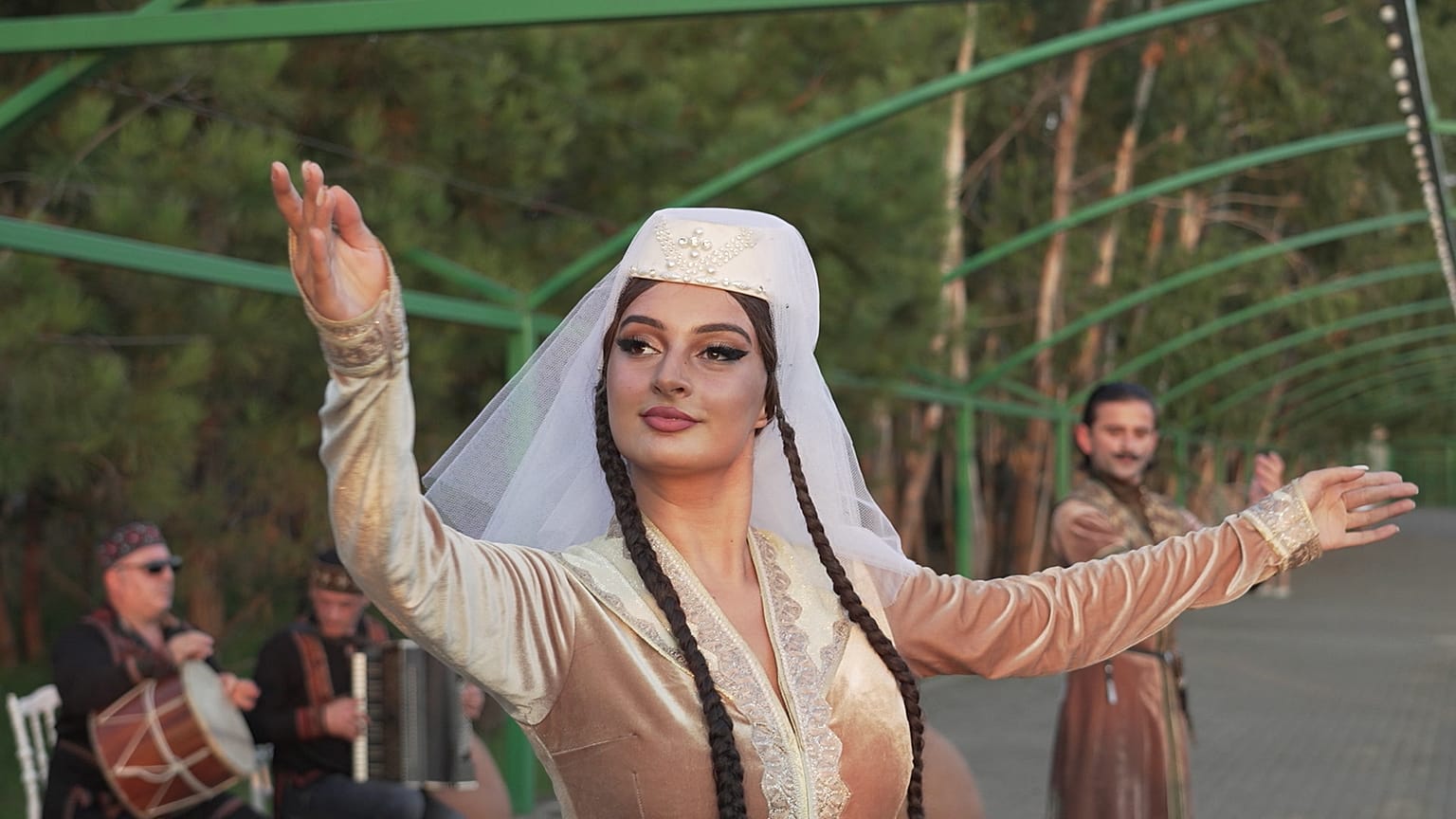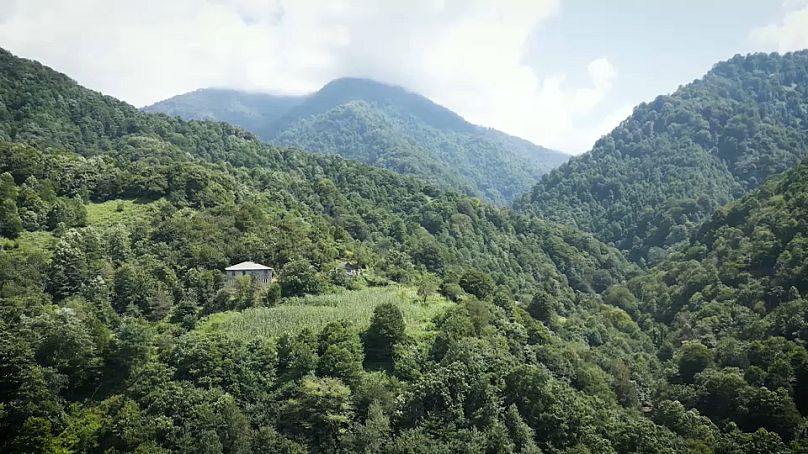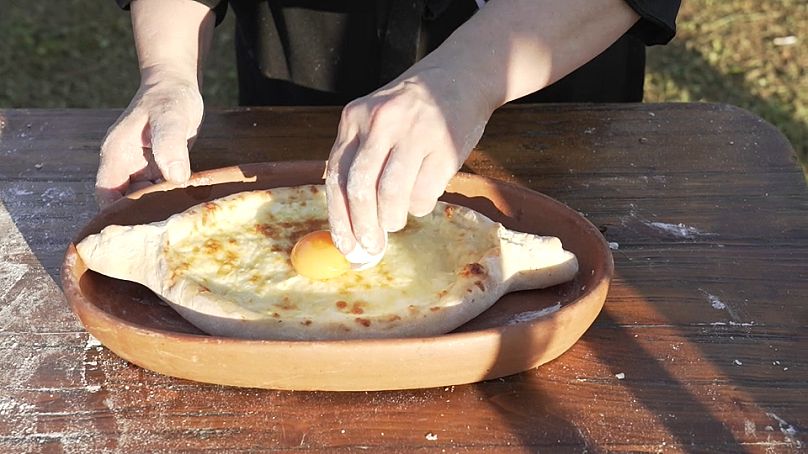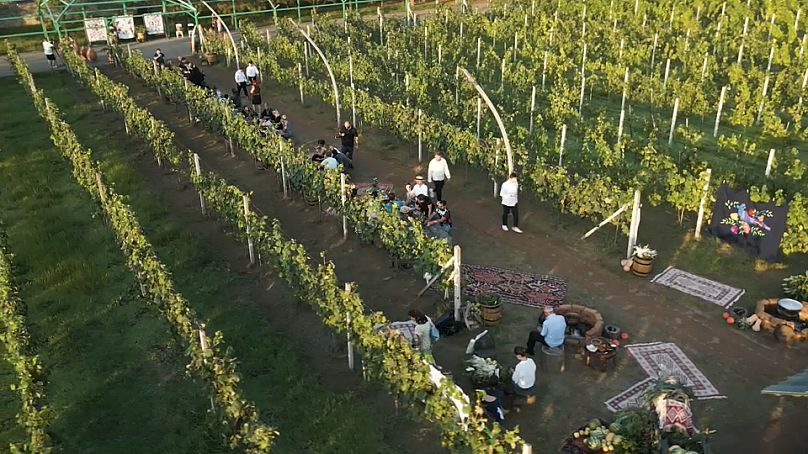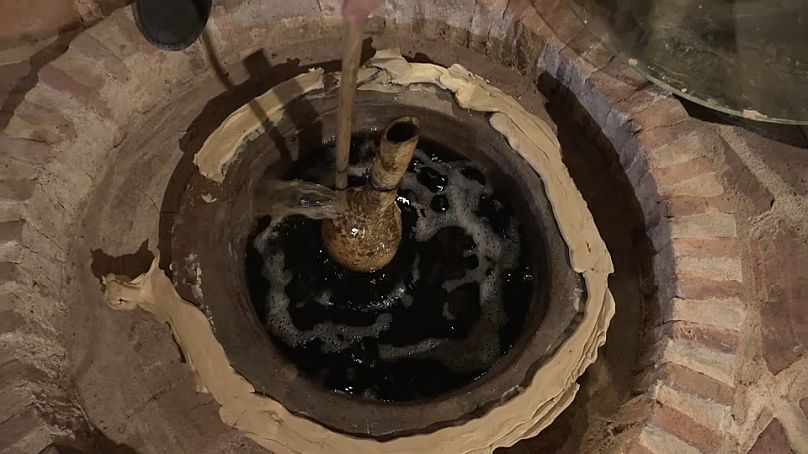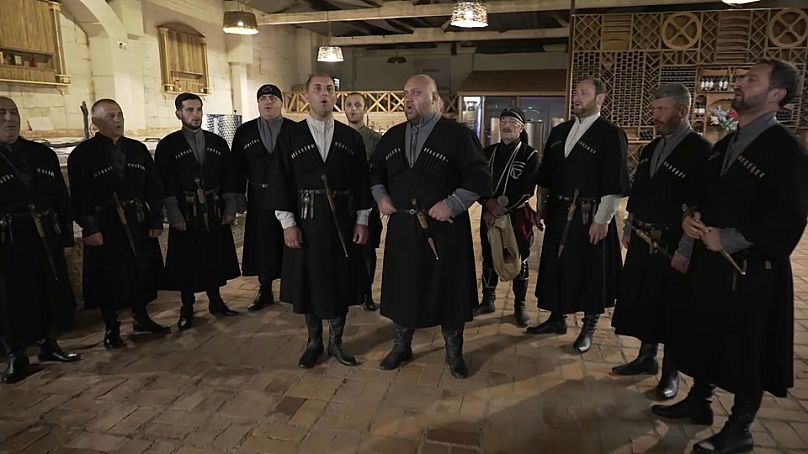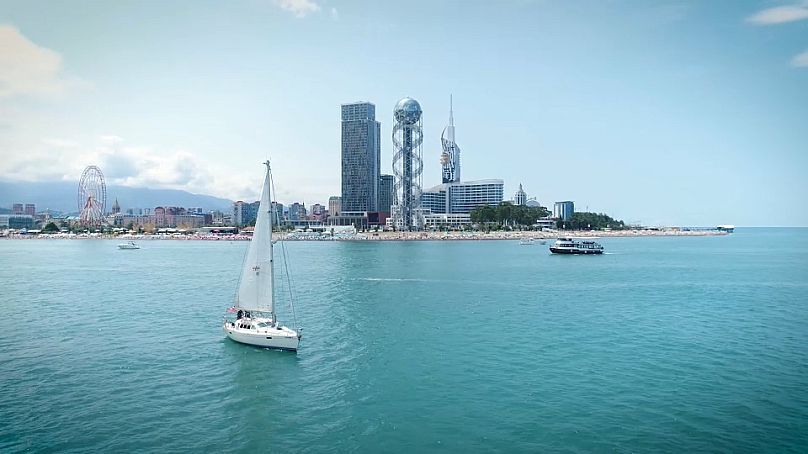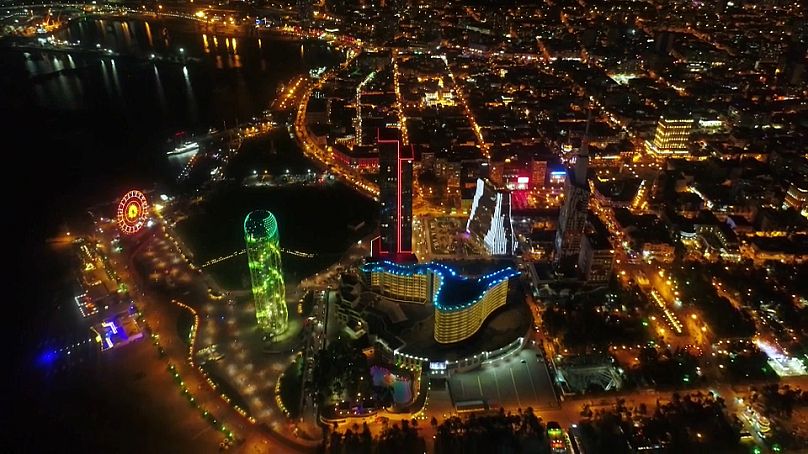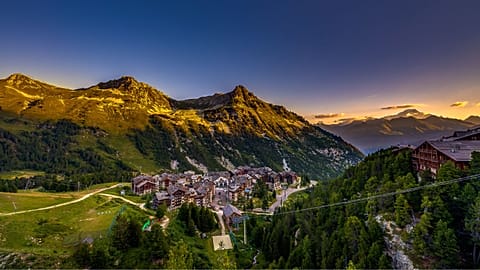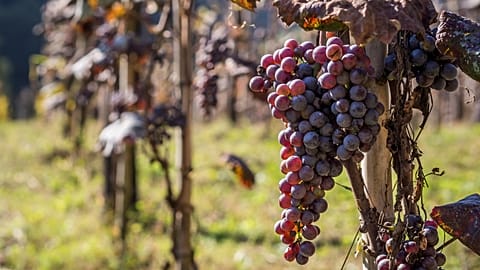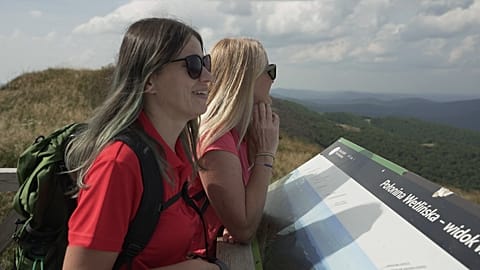UNESCO-protected forests, legendary hospitality and futuristic architecture: Georgia’s Ajara region is a gem waiting to be explored
Georgia’s Ajara region lies along the Black Sea Coast. Historically it’s been a crossroads of civilisations, where Europe meets Asia.
In this episode of Explore, we experience its rich culture and legendary hospitality, visit Georgia’s second city Batumi with its mix of ancient history and futuristic architecture and explore the region’s stunning nature which lies just outside the city.
UNESCO World Heritage Rainforests
The region has a huge diversity of nature, all within easy reach of Batumi. With its subtropical climate, bamboo trees and citrus trees flourish. Visitors can enjoy the beaches along the coast of the Black Sea, and within ten minutes be in the mountains with waterfalls and pristine rainforests.
Ajara’s lush forests cover 60% of the region and are unique, with some of them 20 million years old. They are the only place in the world where colchic forest, a humid, deciduous rainforest, and wetlands coexist.
Mtirala National Park is one of four protected national parks in Ajara that form part of a UNESCO World Heritage site.
Mike Garforth is a British Forestry expert who has been living in Georgia for the last two decades.
“The forests here survived the ice ages” he explains. “The rest of Europe was covered by hundreds of metres of ice and all of the forests were destroyed and all wildlife was destroyed. Here in Georgia, everything survived. And here there are species, we call them endemic species, that cannot be found anywhere else.”
Mike shares that some of the things he loves about Georgia are the abundance of delicious seasonal fruits and vegetables and how hospitable Georgians are.
"Georgia’s got a very rich, very proud history, people are very warm, very family oriented and very hospitable. There’s a saying in Georgia that a guest is a gift from God. And this is how people approach their lives, this is how they approach visitors,” says Mike.
Cooking up a feast
No visit to Georgia is complete without sampling its delicious cuisine, and each region has its distinct culinary traditions. Ajarian cuisine is a unique blend of European and Asian spices that has developed over centuries and is renowned for its mouthwatering flavours and variety of dishes.
One of the most famous is the Ajarian khachapuri, a delicious cheese-filled bread with an egg yolk on top. It is shaped in the form of a boat, and legend says it was a favourite of sailors arriving back from their voyages and that the egg represents the sun that has rolled into the sea.
The Georgian Supra is a traditional feast, that is still very much a part of life for Georgians. The table heaves under a variety of dishes, and the dinner can last for hours with singing, poetry and storytelling. It is led by a Tamada, or toastmaster, whose important role is to keep the audience at the table engaged with a series of toasts, often poetic and philosophical and always heartfelt.
Unique Georgian heritage
Georgian wine-making dates back 8,000 years and is recognised by UNESCO as part of the Intangible Cultural Heritage of Humanity.
The wine is stored and aged in a Qvevri, an earthenware jar, and guests are honoured with the ancient ritual of opening the Qvevri before a supra.
Georgia is home to more than 500 varieties of indigenous grapes, with some endangered vines found nowhere else in the world.
Folk music, dance and singing are an integral part of the Supra and Georgian hospitality.
Polyphonic singing, a technique that weaves together many voices, each with its melody, is recognised by UNESCO as part of the world's treasured living heritage.
Georgians love to share their rich culture and heritage with visitors and taking part in a supra is an experience to remember forever!
Exploring Batumi
The capital of the Ajara region is Georgia’s second city Batumi. It’s a vibrant city with a mix of old-world charm and modernity.
The history of the city dates back to ancient times and is mentioned in the works of the Greek philosopher Aristotle.
During the 19th century, it became a port of international importance on the Black Sea. It was during the late 19th century that the famous Boulevard was built. It runs for seven kilometres next to the sea and provides a green space for walking, cycling and jogging.
Over the last ten to fifteen years, the city has been transformed with modern high-rise buildings and futuristic architecture.
“The skyline of Batumi is changing quite fast and at the same time, it is coupled with nature and coupled with all the authenticity of the city and its charm. It is something that is really appealing to all kinds of travellers” explains Chairman of the Ajara Government, Tornike Rizhvadze,”
The region’s government has some ambitious projects lined up for the city, including plans for the region’s first World Trade Center and an artificial island in the shape of a palm tree.
As the sun goes down over Batumi, the city lights up. For those who enjoy their nightlife, there are concert venues such as Stage 17 with international and local artists, and stylish rooftop bars, to enjoy views across the city.

















